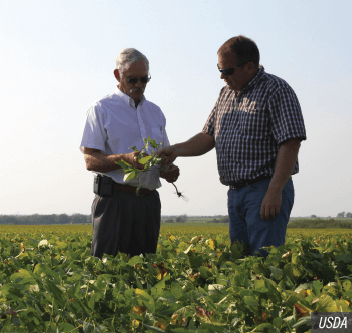Overview
A crops systems specialist works to improve how a business or company manages and utilizes data of the seed or crop production process.

What responsibilities will I have?
- Coordinate various data collection initiatives including in-field data and plant performance-based metrics
- Present various data types to aid in strategic decision-making
- Work with various teams (agronomy, seed production, IT, etc.) in assessing and implementing future system solutions
- Simplify various data streams for use in visualization and decision-making
- Support and make modifications and improvements in systems currently utilized by the team
- Ensure enhancements and fixes to data systems are coordinated, consistent and not disruptive to the systems used by other parts of the business
- Formulate, implement and enforce proper data collection policies and procedures
- Help develop standard practices for data entry and management to be used across sites
- Support sites in development and continuous improvement of consistent, documented processes that support the business as needs evolve
- Train and educate the business and sites on data collection tools and equipment
What education and training is required?
A bachelor’s degree in agricultural engineering, chemical engineering, agribusiness or a closely related field is required.
To pursue a career as a Crops Systems Specialist:
The following high school courses are recommended: agricultural education, biology, plant science, business and computer courses, and mathematics.
Where can I work?
Crops systems specialists work for seed and crop production businesses and companies.
Future Job Market/Outlook
The future outlook for a crops systems specialist will be good over the next five years.
Suggested Professional Organizations and Associations
- American Society of Agricultural and Biological Engineers
- Crop Science Society of America